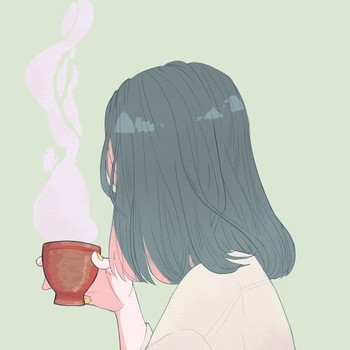How is "To Kill a Mockingbird" considered a bildungsroman in terms of Scout?
1 Answer
It explores Scout's growth as a person through her interactions with the colorful cast of characters.
Explanation:
In the beginning, we see that Scout is innocent, socially ignorant and immature.
- Scout is innocent; the children are afraid of Boo Radley, thinking
that he is a monster, and they try to play tricks on him. Despite
never having met the man, the children judge him off hear-say
stories, and are scared to go on his property. - Scout shows immaturity in her tendency to get physically violent for the smallest reasons, i.e. beating up Walter Cunningham.
-
Scout is also rather ignorant of social differences...
-
when she exclaims "What in the sam hill are you doing?" incredulously at seeing Walter pouring syrup all over his food. When Calpurnia scolds her for that kind of behavior, Scout becomes incensed and rudely assumes "[Calpurnia] likes Jem better'n me anyway ... suggested that Atticus lose no time in packing her off" (25).
- Scout tells a teacher that one of her classmates is too poor to pay her back for lunch.
Through the course of the novel, Scout comes into contact with many forms of racial prejudice, like when a teacher criticizes Hitler for being prejudiced against Jews, yet herself is prejudiced against black people (hypocrisy)*. Through this, she learns, sometimes painfully (i.e. when Tom got convicted as a result of racial bias), that the world isn't as bright and sunshiny as she'd thought.
Scout's character development affects whether she comes out of each ordeal with her morals straight, or will become hurt and/or possibly destroyed by them, like Boo Radley or Tom Robinson. Thanks to guidance from consulting with Atticus, Scout learns that while humanity has immense capacity to be evil, the same goes for good... and that approaching others with sympathy and understanding can cancel out the evil. Her ultimate maturation into a considerate young woman with a rather grown-up mentality marks the end of the novel.
Extra note
*Perhaps this intends to draw attention to how there are "different levels" of racism and discrimination... some are viewed as atrocities, and some are just 'bad' things that get easily swept under the rug

